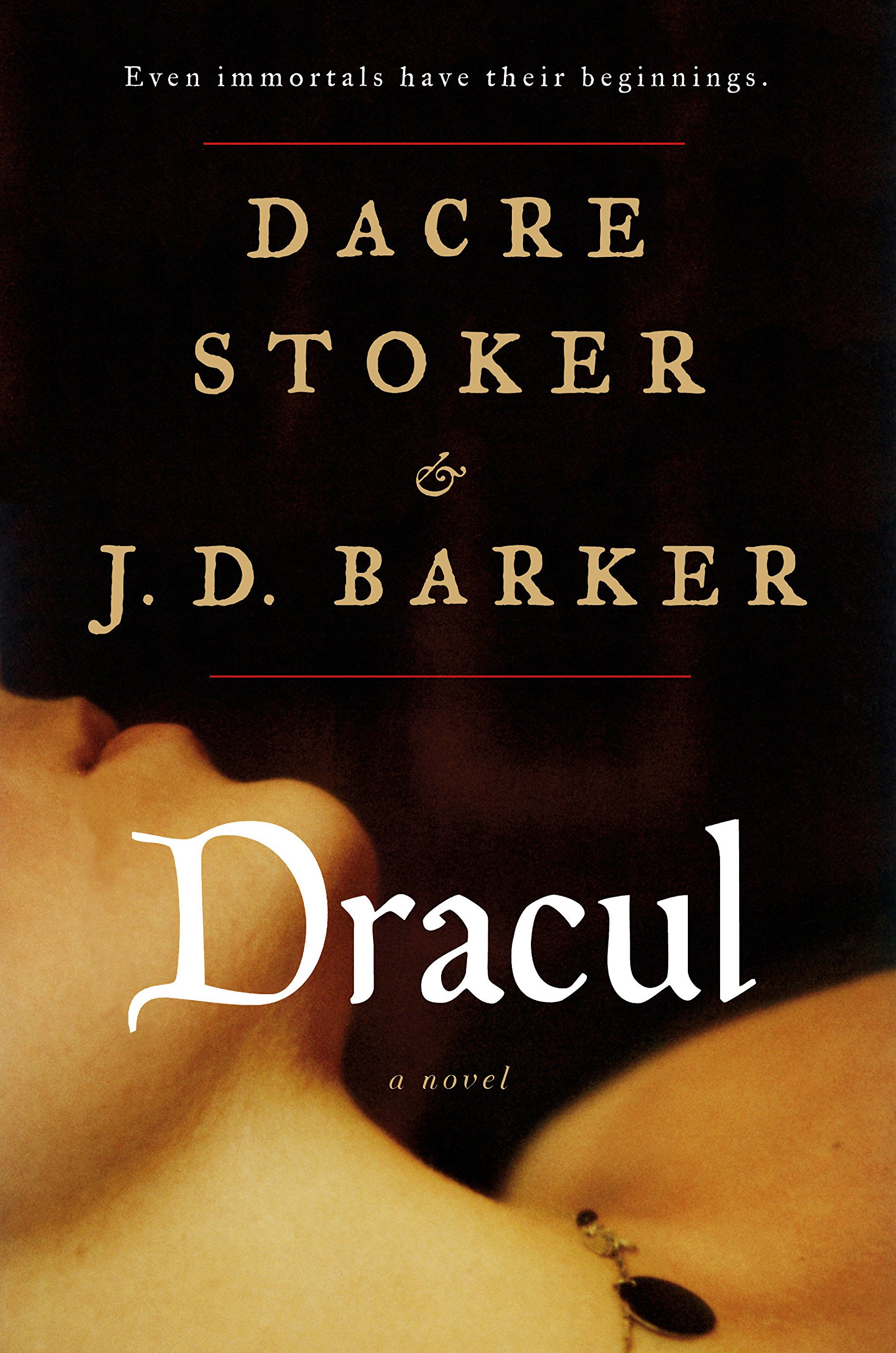Book Report - "Dracul" by Dacre Stoker and J. D. Barker
 |
| Source: https://images-na.ssl-images-amazon.com/images/I/91hTAsQX2xL.jpg |
My first exposure to “Dracul” came from an announcement of a book signing with the author at my local library. As much as I enjoyed Dracula, I was tremendously interested in a related work, written by the great grand-nephew of Bram Stoker himself. Plus, the book serves as a sort of clash between Bram Stoker’s real family and his fictional characters created within “Dracula.”
As with many works, the library only offered “Dracul” in physical book format, and I haven’t had the chance to sit down and read a proper book in a long time. I expressed this disappointment on Facebook, in the comments of a post promoting the meet and greet event. Surprisingly, the library’s social media team followed up with me, ordered cd and mp3 copies of the book, and informed me when the audiobook was available on Overdrive. Service with a smile, just like I expect. Have I ever mentioned that I love my local library?
With a little over a week before the event, I decided to get through the book as quickly as possible, just in case I could make it. Unfortunately, I didn’t get to attend the event due to some prior obligations, but I did finish the book by that self-imposed deadline.
For the book itself, I was pleasantly surprised at just how good it was. When I initially learned of the book, I expected some mediocre tie-in to “Dracula,” riding on the coattails of a family connection to the author. Sure, I would finish it, but I didn’t think it would be truly good. I was thankfully incorrect in that original assessment, and I would genuinely say that “Dracul” is a pretty darn interesting read or listen overall.
It does have some quirky language that wouldn’t be used in Victorian era English, but nothing notably obvious, nor does it detract from the quality of the book in my opinion. I did learn that “okay” has very recently become common in English, so I’ll forgive readers for cutting a sideways glance at Stoker and Barker for using this phrase in a period long before it would have been genuinely used in conversation.
If you enjoyed the original “Dracula,” I would highly recommend “Dracul.” Dacre Stoker and J. D. Barker certainly have some nuances to their writing when compared to Bram Stoker, but the penmanship is similar enough to truly feel like an extension of the original. If you typically enjoy gothic horror and *haven’t* read “Dracula,” I would suggest reading the original and then follow it up with the prequel. Many of the connections between characters and lore of vampires as they are presented in the pair of books seem to have more gravity when read in release order rather than chronological order.
Resources:
Flood, A. (2017, September 7). Bram Stoker's relative Dacre writes first authorised prequel to Dracula. Retrieved October 4, 2019, from https://www.theguardian.com/books/2017/sep/07/bram-stokers-nephew-dacre-writes-first-authorised-dracula-prequel-dracul-jd-barker.
Murphy, P. (2018, October 18). Bram Stoker and the strange case of the 'Dracula' prequel. Retrieved October 4, 2019, from https://www.irishtimes.com/culture/books/bram-stoker-and-the-strange-case-of-the-dracula-prequel-1.3664240.
Stoker, D. D., & Barker, J. D. (2019). Dracul.

Comments
Post a Comment